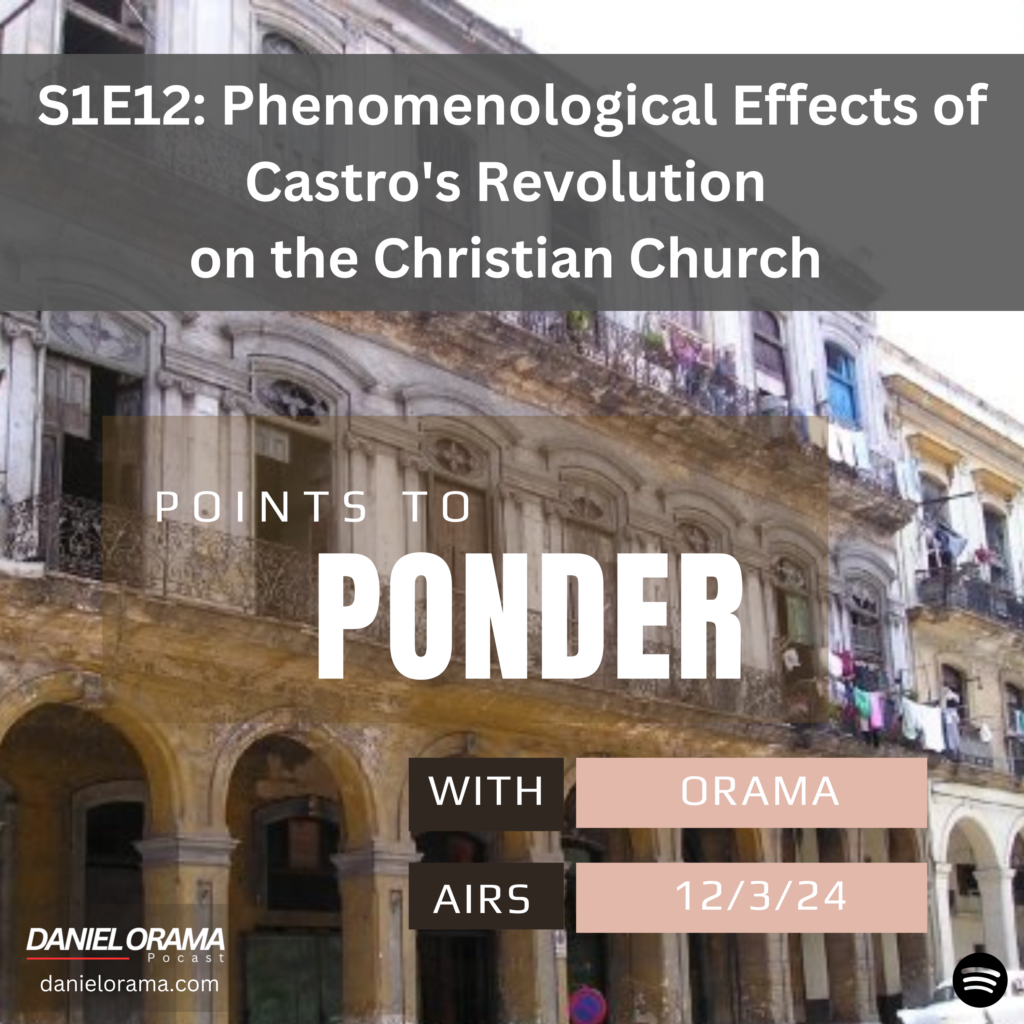The Christian Church in Cuba Was Dismantled
The Christian church in Cuba bore the brunt of Fidel Castro’s Communist government, leaving it dismantled by the ordeal. Understanding the impact of Castro’s revolutionary takeover in Cuba requires thoroughly examining various curated sources. This involves scrutinizing how Marxism, Communism, Atheism, and Socialism influenced the Christian church in Cuba. The existing literary sources on the persecution of the Christian church in Cuba had significant gaps, which this study aims to fill by examining the effects of Castro’s revolution in each area.
The Psyche of a Dictator
The life of Fidel Castro offers a fascinating glimpse into the psyche of a dictator who successfully overthrew another dictator and established a Marxist-Leninist communist dictatorship in Cuba, which endures to this day. Fidel Castro’s father, Angel Castro Argiz, had a challenging upbringing as an orphan in Galicia, Spain. At thirteen, he journeyed to Cuba to live with his uncle. British historian Hugh Thomas said Angel Castro arrived in Cuba with the Spanish army during the Spanish-American War. He firmly believed that the Americans had unjustly deprived Spain of its victory over the Cuban insurgents. This deep animosity towards the Americans, held by Castro’s father, also influenced Fidel Castro as a young man.
Fidel’s father had deep hatred toward the United States because they stopped Spain, which was the occupying force in Cuba, from taking it over. The United States came to the aid of the Cuban people, which they forgot because they reaped the consequence of allowing a dictator like Fulgencia Batista to rule the country. Inevitably, he was ousted, and a new dictatorship took over. The question that bothers me is, how is it that we prevented Spain from taking over Cuba but allowed Fidel to take over? Could it have been a setup? Could there have been a plan to begin the assimilation of a country that would serve as a prototype of what is happening in America? Many questions need answering, but we may never answer them until the Lord returns.
Dangerous Assimilation at Such a Young Age
If you do a search on Google regarding the assimilation of today’s Children in the United States, what you get are countless results regarding immigration and how to assimilate them into public school education. The influx of immigration has been at an all-time high in the US, presenting significant challenges while children’s minds are assimilated into the Socialist, Marxist, Communist, and Woke ideology. Google, you are dangerous, and what is behind you is even more. So, as Michael knew well enough not to bring condemnation against Satan, I say the same, “But even the archangel Michael, when he was disputing with the devil about the body of Moses, did not himself dare to condemn him for slander but said, “The Lord rebuke you!” (Jude 1:9, NKJV). Most of these illegal immigrants are Spanish/Latin people. It is a shame that the Spanish and Latin people of the world allow leaders and countries to use, manipulate, and control them. The Spanish population is the second largest in the United States, and one day, the plan the communist regimes throughout the world are employing will backfire.
Fidel Castro’s life and rule are branded by repressive actions that led to a Communist system punishing any group that did not align with the Revolution, especially the Christian church. Pastors from different denominations were imprisoned in harsh conditions for over twenty years. Castro enforced his repressive communist dictatorship through security forces, a civilian army, and a judiciary system restricted from independence. The persecution also involved state surveillance, public acts of repudiation, and beatings still used in Cuban society today.
A one-party state inevitably leads to the persecution of other groups subjected to the dominant government forces, particularly under Marxist Communism. Some argue that the judicial system in Cuba lacks genuine democracy, given the role of the PCC and the failure to implement the revised constitution’s provisions for religious freedom. The new laws allowed certain freedoms for Cubans but under state control. Similarly, freedom of the press and speech were guaranteed but had to align with the socialist regime’s objectives, which cancel any contrasting views. For example, “Article 53 states that freedom of the press and speech are guaranteed but must conform to the purposes of a socialist society.”[1] While Cubans can express themselves, socialist and Marxist-Leninist principles ultimately constrain these freedoms, the state’s official ideology. Arguments are raised that freedoms are allowed to the people of Cuba as long as they do not interfere with the state’s ruling.
Religious Freedom Controlled by Cuba’s Communist Regime
Religious freedom in Cuba hinged on the Revolution’s support, as emphasized by Raul Castro in his meeting with twenty evangelical pastors. Herbert Caudill wrote that Raul conveyed, “But he also hinted that he expected Christians to adapt themselves to the Revolution. Our religious freedom would depend on our loyalty to the Government.”[2] Pastors and leaders who opposed the Revolution faced imprisonment, such as Herbert Caudill, who was arrested and confined for nineteen months. After his release, Caudill was barred from participating in church functions, stating, “I was not to have any participation in the work of our churches and convention.”[3] This raises the question of how one can function in a society that demands absolute obedience to a Communist Marxist regime, especially when the Apostle Peter states, “We ought to obey God rather than men” (Acts 5:29, NKJV). Fidel Castro’s Communist Revolution worked relentlessly to eliminate the gospel message of Jesus Christ from society.
Christian Persecution Intensified Under the Communist Regime
Christian persecution intensified when the Cuban Government gained control of all the media, further restricting the spread of the gospel. The Communist Government controlled the construction of churches, congregational meetings, and the dissemination of the gospel beyond church walls. The Castro regime would deal with any such activities if seen as having any hint of anti-revolutionary rhetoric. Boyle states, “Marxism-Leninism and its strict adherents among the Cuban revolutionaries regarded religion as inherently counter-revolutionary.”[4] The Communist regime suppressed any actions that opposed the new education system.
The Christian church had to wrestle with new theological perspectives required to align with the Communist Government. Jose Marti’s concept of salvation emphasized liberating people from indifference and selfishness, which he called “apathy and egotism.”[5] According to Marti, the key to achieving humanity’s salvation was freeing individuals from indifference and self-centeredness. Marti’s perspectives on self-reliance led to the rejection of God by advocating for people’s denial of Him.
Cuba’s Transformation by Misguided Men
Cuba’s transformation stemmed from philosophers, scholars, clergy, scientists, and thinkers of new ideas. None of these individuals, however, shared a common belief in the Holy Word of God or faith in Jesus Christ. The three figures who brought lasting change were Fidel Castro, Che Guevara, and Raul Castro, who did not embrace Christianity or view the Bible as the Word of God. Fidel Castro even mentioned at a World Council of Churches gathering the need for cooperation between religion and the Revolution. The contradictions between Christian teachings and socialist principles raise questions. Jesus taught us to love one another, and His coming was to save the world, not to condemn it. The message of salvation is not promoted in any Communist, Socialist, or Marxist regime, such as the one in Cuba.
Marxism first emerged as a revolutionary communist ideology for the working class. Karl Marx and Friedrich Engels articulated its principles in their seminal work, The Manifesto of the Communist Party. The founders of the Manifesto characterized society’s history as a series of class struggles. The introduction of new ideologies in Cuba sparked a division within the Cuban Church. However, church leaders were unsuccessful in resisting the influence of Marxist Christians, posed a challenge to the popular government, and suffered a significant setback. Over time, church leaders endorsed the agrarian reform law, deepening the rifts within the Church and creating non-believers in Cuba.
A Misguided Theologian of Philosophy, not the Word of God
Sergio Arce played a crucial role in adapting the Word of God to the significant changes taking place in the Cuban church. While studying at Princeton University, Arce was influenced by two theological professors, John A. Mackay and Paul Lehmann, who believed that the Bible contained contradictions and errors. Arce later acknowledged that Lehmann’s ideas significantly shaped his evolving theological and ideological perspective, which was not rooted in the Scriptures. The Christian church faced intense persecution, including the forcible takeover of Cuba, land, educational institutions, church buildings, and a departure from biblical and theological beliefs, all of which disregarded God’s redemptive plan in Jesus Christ.
[1] Kevin Boyle and Juliet Sheen, Freedom of Religion and Belief, 125.
[2] Herbert Caudill, On Freedom’s Edge, 7.
[3] Ibid., 98.
[4] Herbert Caudill, On Freedom’s Edge, 126.
[5] Carlos Ripoll, Jose Marti, the United States, and the Marxist Interpretation of Cuban, 2.

